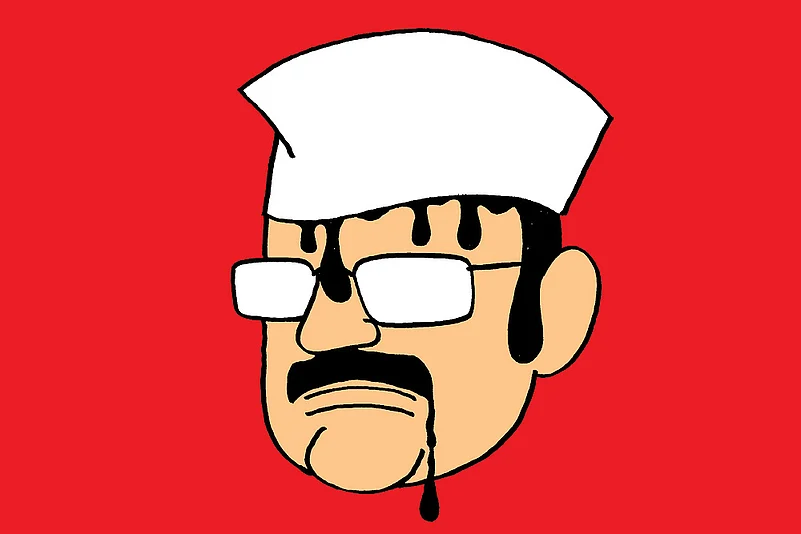Allegations of corruption against Delhi Chief Minister Arvind Kejriwal and his trusted lieutenant Satyendra Jain have turned a dream into a nightmare. Not because we believe those allegations. Nobody believes charges made by a loser. Kapil Mishra, the former water minister in the Kejriwal government, made these accusations only after he was sacked from the government. So, his credibility is zilch. Yet, it is a big turning point in the course of Aam Admi Party politics. Mishra’s charges conclusively prove that the AAP is now just another political party, that too a below average one. Kejriwal’s biggest failure is in admitting and rewarding crass opportunists like Mishra. How many more Mishras would be waiting to pounce on their leader, when they lose out?
The next big failure of the AAP is in addressing dissent. In hindsight, one has to admit that Kejriwal was harsh with founder leaders Prashant Bhushan and Yogendra Yadav. He should have given them a longer rope because the ruthless sacking of these two leaders keeps haunting the party and gets reflected in how the party responds to dissent and discord. Mishra’s sacking was a result of the rumblings within the party set off by another senior leader. That leader was allegedly mollified with the promise of a Rajya Sabha seat. But after placating that leader, his prime aide, Mishra, was sacked from the cabinet. There was no need to turn against Mishra so soon after the Punjab and Delhi municipal corporation poll debacle.
Another great failing of the AAP is a distinct lack of ideological cohesion. The anti-corruption plank is always ideologically neutral. In fact, Hindutva leaders offered Kejriwal his first political platform. On February 27, 2011, Kejriwal shared the dais with the then BJP MP, Ram Jethmalani, Subramanian Swamy, who later became a BJP MP, Hindutva proponent Baba Ramdev, RSS ideologue K.N. Govindacharya and others to kickstart the anti-corruption movement that brought the UPA government down. Once this movement turned into a political party, a lot of BJP and Congress activists joined Kejriwal. The only professed ideology of this motley crowd was anti-corruption, and as power corrupts or at least attempts to corrupt this party in government, there is nothing left to hold it together.
Thus, the AAP has degenerated into a party of power-seekers, opportunists and even blackmailers. The Congress is no better. But an experienced leadership handles all of them with care, patience and generosity. It is very rare to see a Congressman or a BJP leader erupt like Mishra in losing a cabinet berth. The worst part about AAP’s conduct was in employing a diversionary tactic to counter Mishra’s charges. Mishra was terribly discourteous to have attacked Kejriwal’s brother-in-law the day he died. The most damaging allegation made by Mishra is about Kejriwal’s brother-in-law being favoured through Public Works Department contracts. Kejriwal is still silent about this grave allegation. He could have remained so. But he should not have used the Electronic Voting Machine controversy to respond to the corruption charges. The demonstration of the possibility of hacking an EVM and, thereby, rigging of polls was ill-timed. It is a very serious issue, which, if true, undermines the country’s electoral process and its very existence as a democracy. Unfortunately, the questions over the credibility of the EVM have got mixed up with charges of nepotism and corruption against Kejriwal. Nevertheless, the Election Commission of India should offer the AAP an opportunity to prove its charges.


























